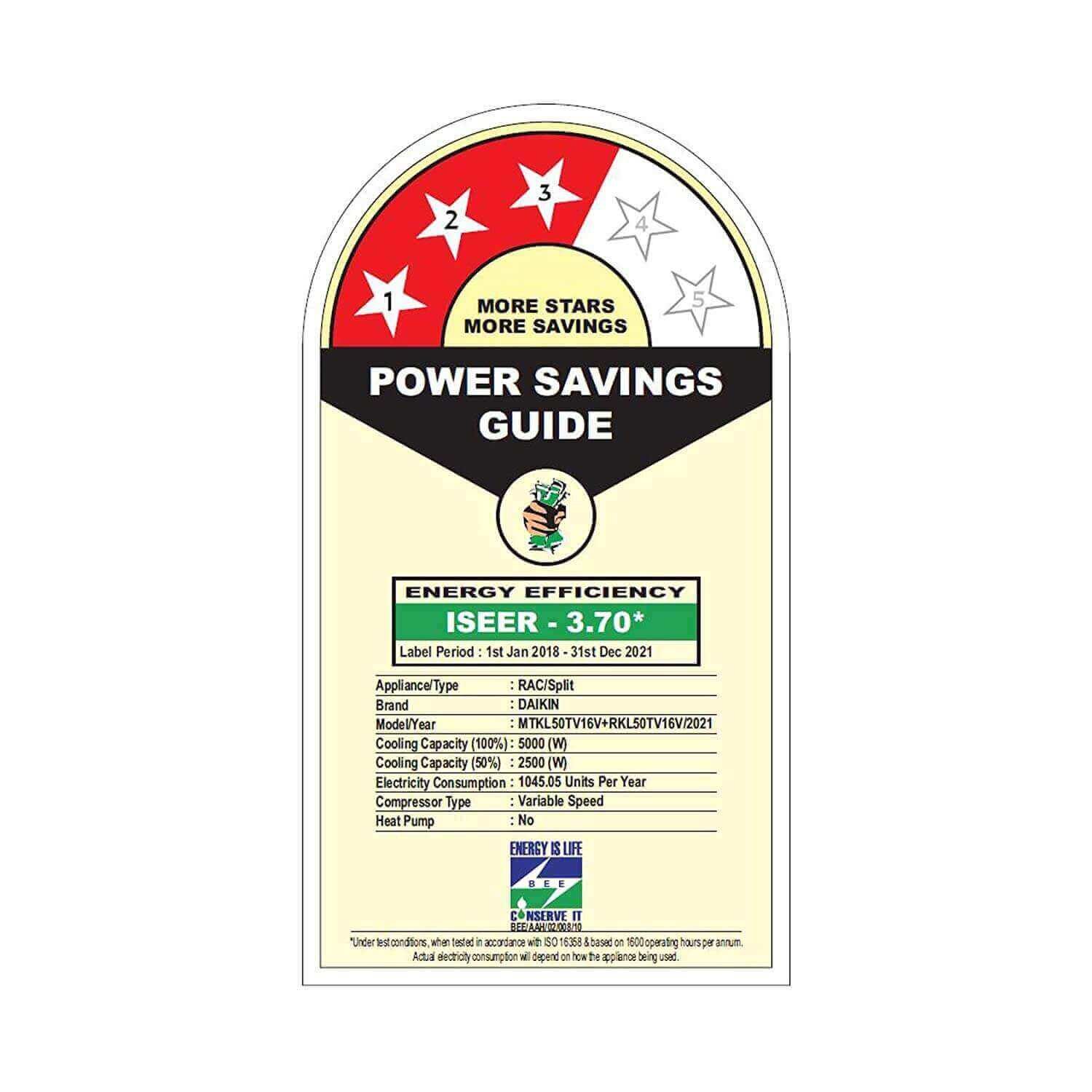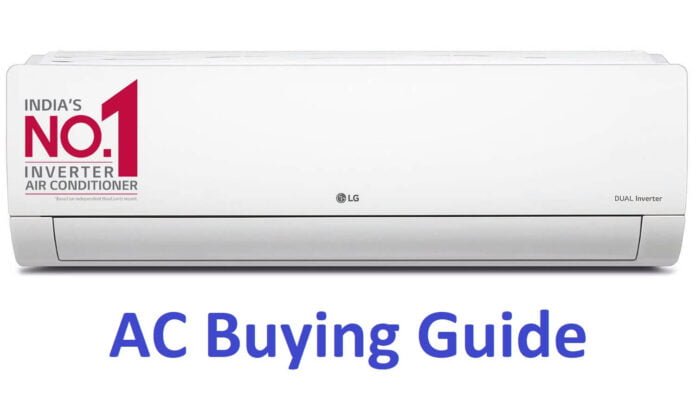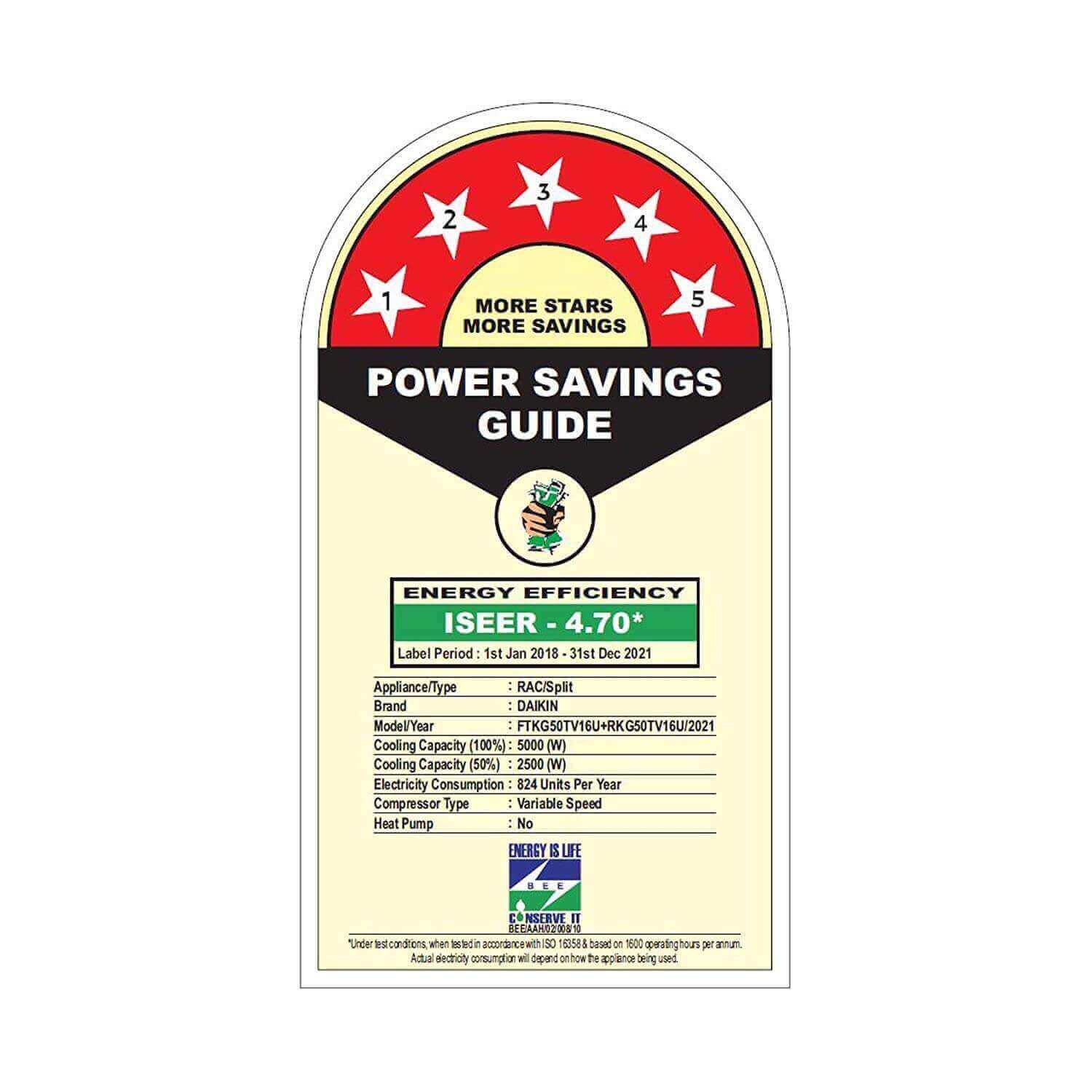COOLING your home in the scorching heat of summer is a common practice.
In India, most of us rely on air conditioners to keep ourselves cool and comfortable.
An air conditioner helps you beat the heat by cooling indoor air.
It is a device that reduces humidity and temperature in an indoor space.
There are many types of air conditioners available in the market, each with its distinct features and benefits.
While buying an AC, you must keep several things in mind to get the best one for your home or office space.
With so many options to choose from, how do you pick the perfect one?
Here’s a comprehensive AC buying guide that will help you buy the best AC for your needs.
AC Buying Guide
Tip #1 Choose the right type of the Air Conditioner.
The very first step is to decide what type of AC you want to buy.
We have different available in the market i.e., Window ACs, Split ACs, Portable ACs, and Tower ACs. Each one of these has its pros and cons.
Window ACs come in a single box. This means all the components of the ACs are built into a single box unit. Window ACs are more suitable if you have a smaller-sized room.
Split ACs as the name itself suggests, come with two separate units – the indoor unit and the outdoor unit. have more cooling capacity. If your room size is larger then go for split ACs but are a bit expensive.
Similar to air coolers, portable AC is also portable.
Whereas a window or split AC cannot, portable AC can be moved from one room to another in an instant.
If you have a room where it is very difficult to install split or window AC then portable AC is a great alternative for you.
Residents in rental homes sometimes need to move from one location to another. If you are living in a rented apartment then portable ACs are a great option. Moving a portable air conditioner from room to room in your house is also possible.
Tower ACs are best suited for large halls. I was working with a company where the reception area was getting cooled by two Tower ACs. Tower ACs are a great alternative to a central Air conditioning system.
For your ease, I have compiled a comparison table between all four types of ACs.
Windows AC | Split AC | Portable AC | Tower AC | |
Suitable for | Smaller Room | Small to Large Room | a. Living in Rental Apartments. b. No-feasibility for installing Window or Split AC. | Larger Halls or Living rooms (like in a bungalow) |
Installation | Window | Wall | Floor Standing | Floor Standing (fixed) |
Cost | Less | More | More or less similar to Split AC | Expensive than all other types. |
Outdoor Unit | No | Yes | No | Yes |
Civil/Carpentry | Less | More | Less | Less |
Noise Level | More | Less | Less | Less |
Inverter Option | Available | Available | Not Available | Not Available |
Tip #2 Do know the size of your room.
The size of the room is the most important factor to take into account while buying an air conditioner.
The room size will determine the BTU rating of the AC that you need. The BTU rating of the AC is the amount of heat that it can remove from the room in an hour.
A larger room will need a higher BTU rating AC as compared to a smaller room.
For example, a 2000-square-feet room will need a higher BTU rating AC as compared to a 1000-square-feet room.
This is because the larger room will have more heat compared to the smaller room and the AC needs to remove that heat from the room to make it cool. So, the larger room will need a higher BTU rating AC as compared to a smaller room.
You can also follow the thumb rule mentioned below –
Room Size | Required AC Size |
0 to 80 Square Feet | 0.75 Ton |
80 to 120 Square Feet | 1 Ton |
120 to 190 Square Feet | 1.5 Ton |
190 to 300 Square Feet | 2 Ton |
Tip #3 Calculate Required Tonnage
While sizing the air conditioner you should not only look for room size.
Other factors like the maximum number of people or occupants in a room, the ambient temperature of the surrounding area, the number of windows present, and the sun-exposed surfaces which include walls and terraces.
These elements influence the basic laws of thermodynamics, but in this guide, it would be difficult to cover all these elements in detail.
Simply you can visit any of these two below calculators to get an estimate of AC tonnage –
https://www.bluestarindia.com/roomacs2/tonnage-calculator.asp
http://carriermideaindia.com/tonnage-calculator.aspx
Tip #4 Go for an Inverter-type air conditioner.
In my office, I have got two inverter LG Air conditioners installed. What I have observed with the help of my energy meter is that there is a significant difference in the energy consumption of both the ACs compared to non-inverter ones.
The inverter-type air conditioner consumes less power compared to the non-inverter-type air conditioner.
Of course, an Inverter AC costs a little more than its normal cousin but payback by saving a significant amount of energy over time.
Take a look at this below video by LG –
It is available in split AC, window AC, and cassette AC variations. Only the amount of electricity needed to maintain the variable motor speed and reach the specified temperature is used by an inverter air conditioner. Standard ACs, on the other hand, operate the motor at either maximum or minimum speed, using more energy overall.
Factors | Non-Inverter Air Conditioner | Inverter Air Conditioner |
Motor Speed Control | No | Yes |
Power conumption | More | Less |
Noise Level | More | Less |
Quick Cooling | No | Yes |
Appliance Life | Less | More |
Price | Less | More |
Tip #5 Aluminum vs. Copper Coils
Coils are used in air conditioners to change gaseous refrigerant into the liquid refrigerant and vice versa, which aids in further cooling the space.
Depending on the manufacturer, coils might be composed of copper or aluminum. In comparison to the aluminum coil, the copper coil has a fast rate of heat transfer, is less corrosive, and has a high coil strength.
Only the best aspect of the aluminum coil is more cost-effective and economical than the copper coil.
Take a look at the comparison between aluminum coils and copper coils.
Factors | Aluminum Coil | Copper Coil |
Heat Transfer | Low heat transfer than copper | Higher |
Flexibility | Better than copper | Poor than copper. More raw material required to bend copper coils |
Durable | Less Durable | More Durable |
Maintenance | Hard to maintain. Pitting corrosion difficult to repair. | Easy to maintain. Pitting corrosion easy to repair. |
Price | Cheaper | Costlier |
Tip #6 Consider the Energy Rating of the appliance.
Every air conditioner has a star rating based on the Indian Seasonal Energy Efficiency Ratio (ISEER), which is a measure of energy effectiveness.
The Bureau of Energy Efficiency has established standards for the ISEER’s star rating system (BEE). Greater energy efficiency is indicated by a higher star rating.
The 3-star air conditioner consumes more power than the 5-star air conditioner.

Tip #7 Consider the features you want.
AC units come with a variety of features, and you will want to make sure you choose one that has the features you need and want.
Some of the features that today’s air conditioners have are as follows –
Smart Home Compatibility
Nowadays Air conditioners do come with Wi-fi compatibility. You can control your air conditioner with the help of Alexa or Google Home.
Air Filter
During the cooling process, air filters assist in removing dust, pollen, and microorganisms. They make sure the AC keeps a clean, safe environment. Periodically, it might be necessary to clean or replace these filters.
Dehumidification
For those who live close to the ocean, the dehumidification feature is crucial. To provide enhanced comfort, particularly on humid days, this feature lowers the moisture level of the room while the AC is cooling.
Auto-clean
The auto-clean function stops microorganisms from growing within the air conditioner. This increases the unit’s lifetime and guarantees that you always get clean air and effective cooling.
Tip #8 Look at the warranty offer.
Consider the warranty. AC units come with different warranties, so be sure to compare them before making your purchase.
Tip #9 Get AC quotes from multiple companies.
Once you have considered all of the above factors, it is time to start getting quotes from AC companies. Be sure to get quotes from at least three different companies before making your decision.
Compare AC prices. Once you have quotes from several AC companies, it is time to compare prices. Make sure to compare the prices of AC units that are similar in size, features, and warranty.
Tip #10 Consider your budget.
AC units can range in price from fairly affordable to quite expensive. It is important to figure out how much you are willing to spend on an AC unit before you start shopping.
Wrapping-up
Make your final decision and purchase your AC unit. Once you have considered all of the above factors and done your research, it is time to make your final decision and purchase your AC unit.
Other Articles Related to Air Conditioner







